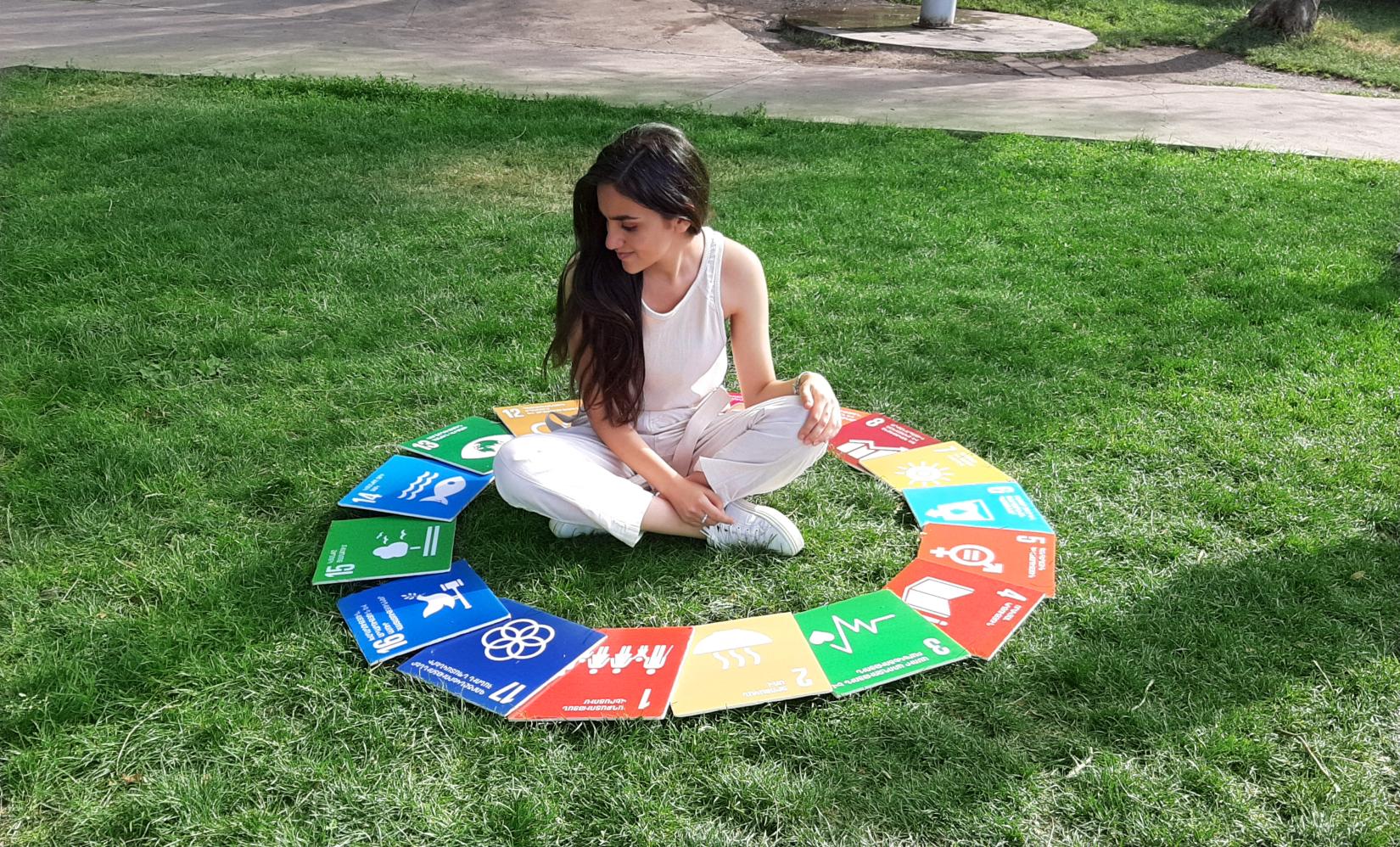Armenia joined the United Nations on 2 March 1992, and in December 1992 the United Nations established an office in Yerevan. Since then Armenia has signed and ratified numerous international treaties, including - for example - the Convention on the Prevention and Punishment of the Crime of Genocide; Convention on the Rights of the Child; Convention on the Elimination of All Forms of Discrimination against Women; Convention relating to the Status of Refugees; Vienna Convention on the Law of Treaties; Convention relating to the status of Stateless Persons; Protocol on the Protection of Cultural Property Convention in the event of armed conflict; Convention against Discrimination in Education and others.
The UN Country Team in Armenia is led by the UN Resident Coordinator and consists of 20 resident and non-resident agencies. The World Bank (WB), International Finance Corporation (IFC) and International Monetary Fund (IMF) also have offices in the country.
The programme of work of the UN in Armenia serves the translation of Agenda 2030 into action and at the country-level is guided strategically by the United Nations Sustainable Development Cooperation Framework for 2021-2025 (UNSDCF). The UNSDCF is the central framework for planning and implementation of development activities at the country level. As such, it articulates the UN’s collective offer to support Armenia in achieving key Sustainable Development Goals (SDG) and national development priorities.
The priorities of the UNSCDCF are grounded in the analysis of country needs and opportunities, as outlined and regularly updated in the UN’s Common Country Analysis (CCA). The UNSDCF links to the evolution of the Armenia Transformation Strategy 2050, sectorial strategies and other national planning instruments.
The UNSDCF is a compact between the UN and the Government of Armenia to work together in a partnership with broader stakeholders - civil society, academia, parliament, the private sector and other development partners - towards a more resilient Armenia, through four main pillars:
- well-being of people,
- inclusive green economy,
- advanced people-centered governance systems, and
- gender equality.
At the core of our strategy is our collective promise to leave no one behind and be responsive to the needs of the most vulnerable in the Armenian society.



















